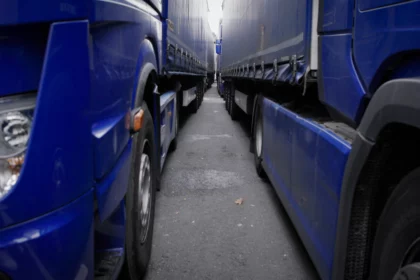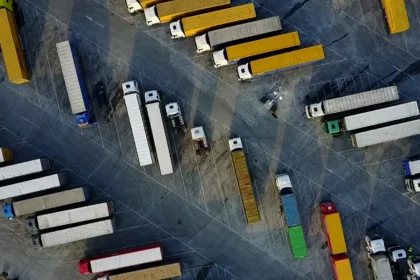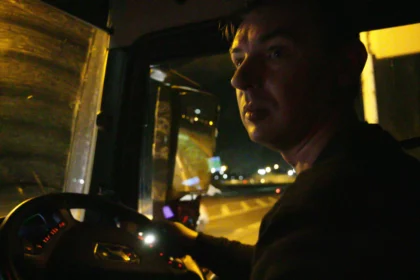
The Road Transport Industry
The RTDD Foundation helps companies to detect and mitigate risks in European road transport supply chains, and centralises the role of workers in fulfilling due diligence obligations.
TRUCK DRIVERS
From a driver’s perspective, sustainable employment conditions consist of several elements: transparent employment conditions, legal protections and regulations that ensure compliance by employers, and rules that safeguard access to remedy.
When drivers are employed in the country where they live and carry out their work, they normally have access to information on their rights and to remedy in the case of violations. However, in Europe transport is carried out across borders and employment relations are organised transnationally. It is common that drivers are employed in countries with low wages, but mostly or exclusively carry out transport in countries with higher labour costs.
Drivers often face nontransparent employment conditions and live exclusively in and around their cabins, leading nomadic lives on European roads. Despite the rules that are put in place to protect these drivers and ensure labour and human rights, it is not uncommon that their working conditions have indication on forced labour and exploitation without access to remedy.
TRANSPORT COMPANIES
According to EU regulations, ‘transport company’ refers to the company that ultimately carries the goods being transported. The European road transport industry is dominated by small and medium-sized transport companies, which often subcontract for larger firms. The larger operators are often the direct suppliers of multinational companies, who are the lead firms or customers in road transport.
Transport companies are obligated to comply with strict European regulations aimed at securing industry viability and sustainability. Despite these regulatory regimes, non-compliance and safety, labour and human rights risks are commonplace within the subcontracting chains.
Traditional monitoring and public enforcement have proven to be ineffective. The result is that non-compliance goes undetected, while compliant transport companies have difficulty competing. These problems pose serious human rights risks for customer companies.
CUSTOMER COMPANIES
Customer companies are at the top of supply chains subcontract their road transport services to move the goods that they ultimately sell. While some of these companies are medium-sized, many are multinationals – the owners of well-known brands.
Customer companies often use a wide range of transport suppliers, including transport companies, logistics providers, and freight forwarders/brokers. These subcontractors often further subcontract transport tasks across multiple borders and jurisdictions. This might mean that customers companies know very little about what happens to their goods after they award an initial contract. They are often unable to trace the supply chain that leads to the ultimate transport company that actually carries out the transport task. As a result, they face difficulty identifying breaches and remedying those breaches that are detected.
In addition, customer companies often do not have policies in place to address labour and human rights risks in their supply chains. Where these policies do exist, they often do not relate directly to road transport industry regulations.
However, new mandatory human rights due diligence laws mean that customer companies are now legally responsible for identifying and mitigating these risks throughout their road transport supply chains. These laws include:
- French Corporate Duty of Vigilance Law (Loi sur le devoir de vigilance), 2017
- German Act on Corporate Due Diligence Obligations in Supply Chains (Gesetz über die unternehmerischen Sorgfaltspflichten in Lieferketten), 2022


